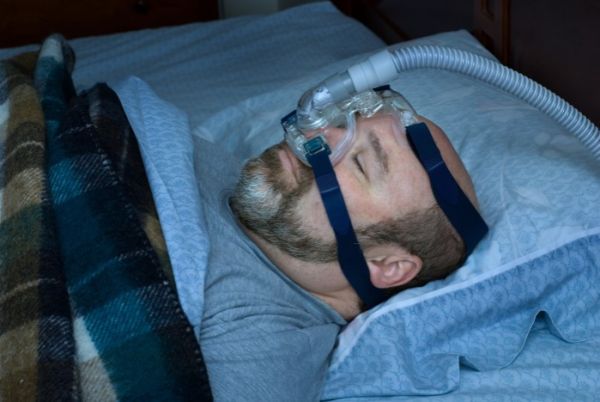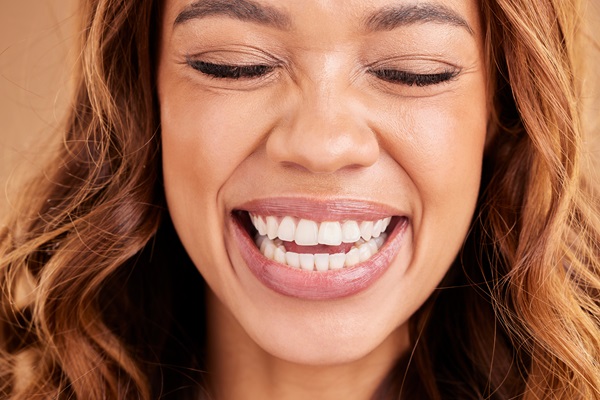Oral Appliances for Sleep Apnea

Sleep apnea is a sleep disorder that usually occurs when breathing is repeatedly interrupted during sleep. It is associated with a higher risk of life-threatening complications such as a heart attack, stroke, depression, difficulty breathing and motor vehicle accidents. If you have sleep apnea, you should see your doctor as soon as you can. Depending on the level and cause of apnea, there are many different treatment methods. Oral appliances are some common treatment options.
Oral appliances and sleep apnea
Some of the symptoms of sleep apnea are loud snoring, episodes in which people stop breathing during sleep, hypersomnia, insomnia, gasping for air while sleeping and morning headache. Other symptoms include difficulty concentrating when a person is awake and waking up with a dry mouth. Treatment is meant to ease the symptoms and prevent other serious problems. For mild cases of sleep apnea, a doctor may only recommend lifestyle changes such as quitting smoking and losing weight. If a person has nasal allergies, treatment for the allergies may be ideal. But if these measures do not improve its signs and symptoms or if it is moderate to severe, other treatment options are available.
Oral appliances
Oral appliances can be used to treat sleep apnea especially in particular mild to moderate cases. Some oral appliances can help support and shift the jaw, in order, to prevent a person’s airway from collapsing. Oral appliances that are custom-made are increasingly becoming popular treatment options compared to breathing devices that are sometimes recommended by health care practitioners. Oral appliances are more portable, quieter and are usually more comfortable.
These appliances should be fitted by a dentist. An oral appliance should be placed in the mouth at night before a person goes to bed and worn the entire time a person is sleeping. It should be taken out when a person wakes up. The tongue retaining device and the mandibular advancement device (MAD) are two of the most common oral devices.
MAD is the most commonly used oral appliance for sleep apnea. It looks just like a mouthguard that is used in sports. These devices snap over the lower and upper dental arches and have metal hinges. The metal hinges allow the lower jaw to be eased forward. Some devices like the Thornton Adjustable Positioner (TAP), allow people to control the advancement degree. Tongue retaining devices are used less commonly than MADs. This device is a splint that helps hold the tongue in place so that the airway remains open.
Takeaway
If you experience any of the symptoms of sleep apnea, you should ask your doctor about the symptoms. Untreated sleep apnea together with its effects can have serious consequences. Depending on your condition, your doctor may recommend oral appliances such as a tongue retaining device or the mandibular advancement device. Oral appliances can be used to treat mild to moderate sleep apnea and relieve snoring. If you want to find out if you need oral appliances for the treatment of sleep apnea, talk to your doctor or dentist.
Request an appointment here: https://aestheticsmiles.com or call Aesthetic Dentistry of Noe Valley at (415) 493-9143 for an appointment in our San Francisco office.
Check out what others are saying about our services on Yelp: Read our Yelp reviews.
Related Posts
A smile makeover is a process that involves one or more cosmetic dentistry procedures to make a person's smile look better. Some of the treatments include bonding, dental crowns, veneers, and tooth-colored fillings. In many cases, the procedure can serve both aesthetic and functional purposes. The treatment options also depend on the patient’s individual condition.A…
Invisalign® aligners offer a discreet and convenient alternative to traditional braces. These aligners allow individuals to straighten their teeth without the hassle of wires and brackets. However, as with traditional braces, it is important to properly care for them to ensure their effectiveness and longevity throughout your treatment. Here are some essential tips to help…
Invisalign® has become revolutionary in orthodontics, proving an effective way to straighten teeth discreetly. The system uses smart technology and aligners to shift the teeth in as little as six to 18 months. While many are aware of this fact, there are specific dental conditions known as malocclusions that this revolutionary system is known to…
Invisalign® has emerged as one of the most popular alternatives to traditional metal braces. These teeth-straightening devices are virtually invisible when worn, as their name suggests, yet they can fix many of the teeth alignment issues braces have historically been used for.Examples of orthodontic issues Invisalign can be used to fix include crooked, crowded, poorly…


